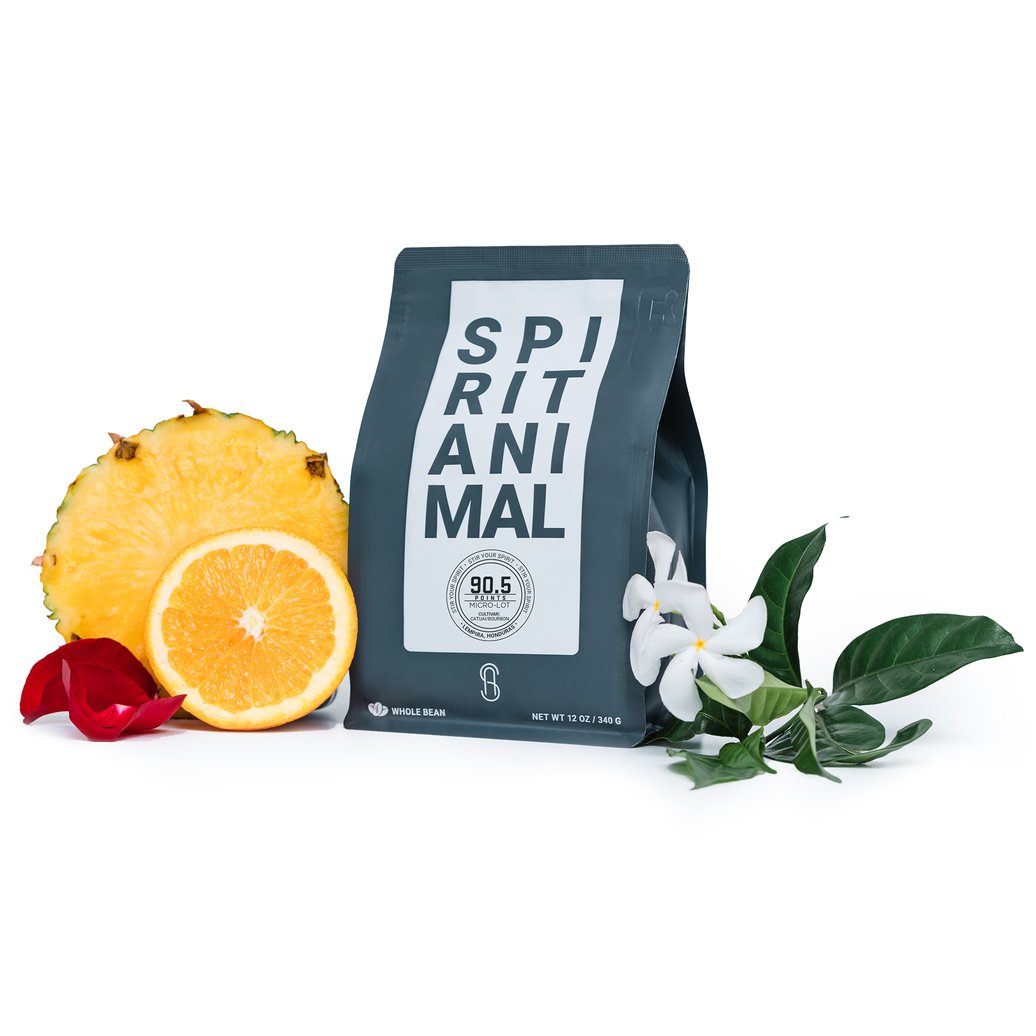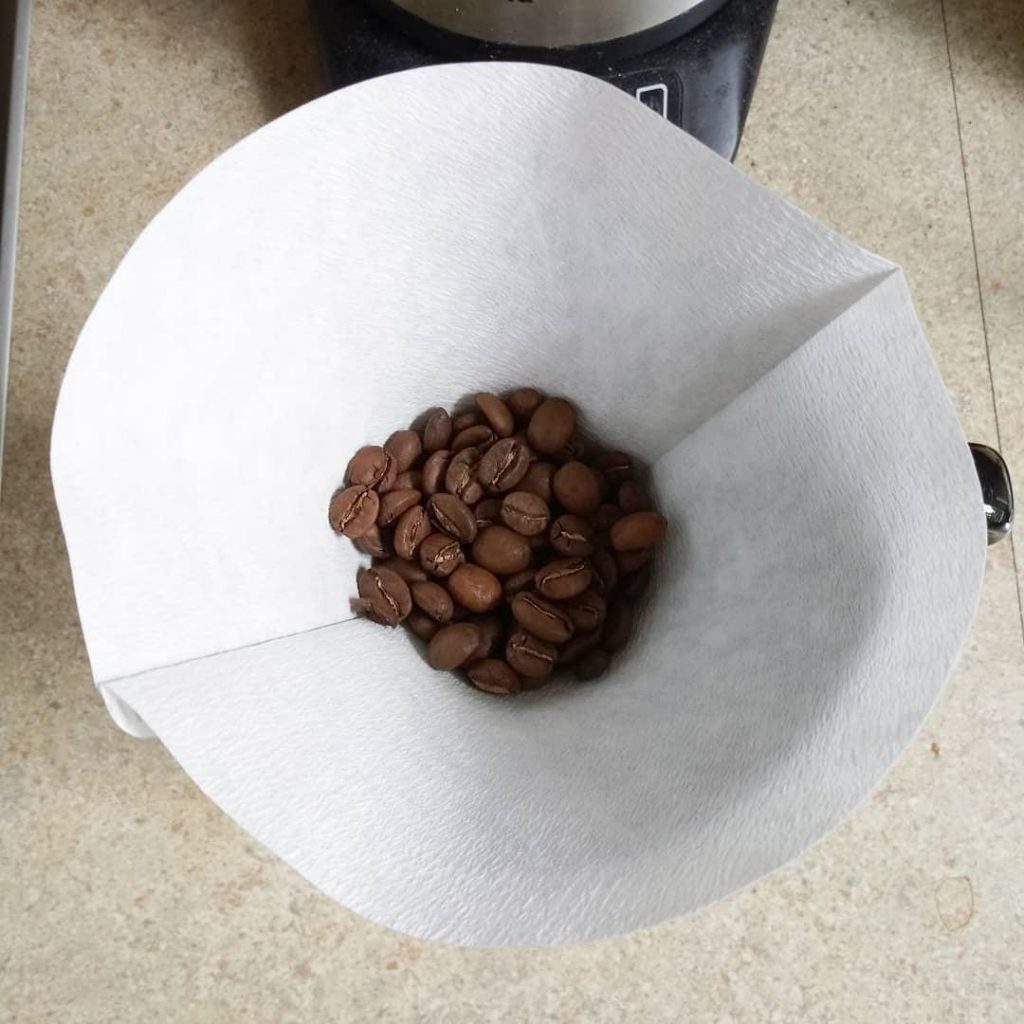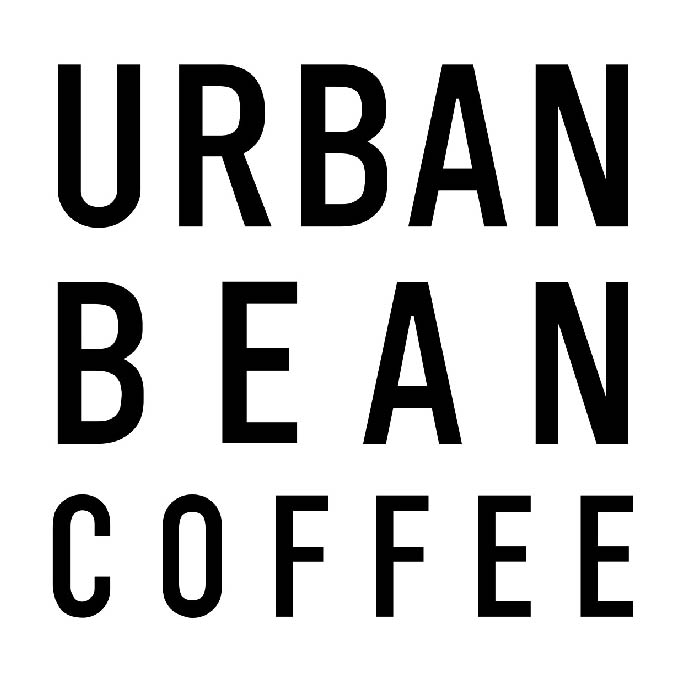24
Products Considered
183
Hours of Research
18
Experts Interviewed
56
Customers Consulted
Arabica is considered the world’s best coffee variety, but it is divided into several hundred sub-species that differ by region of growth, taste, and effect. This creates difficulties when choosing Arabica coffee, and you’ve probably wondered:
Which brand uses the best Arabica coffee beans?
To answer this question, we conducted a study to find the five best Arabica coffee brands. In addition, we have answered frequently asked questions so you will have all the information you need to easily choose the best Arabica for yourself.
OUR TOP PICK
Lifeboost Coffee

Nicaraguan Arabica coffee is characterized by a medium body, and a balanced sweetish flavor profile with hints of nuts, vanilla and chocolate.
Key Features
• Single-origin Nicaraguan Arabica beans
• USDA organic, mycotoxin and pesticide free certified
• All roasts available
SPECIALTY-GRADE COFFEE
Spirit Animal Coffee

These are specialty coffee beans with one of the highest ratings you can get.
Key Features
• Complex floral-fruity flavor
• Collected and processed by hand
• 50% discount on a set of 3 bags
BEST DARK ROAST
Koa Coffee

Kona is one of the most expensive types of Arabica. It grows in Hawaii and has a unique smooth flavor with sweet tropical fruit notes.
Key Features
• High-grade Arabica Kona coffee
• Voted ‘best in America’ by Forbes
• Perfect for espresso machine
BEST LIGHT ROAST
Volcanica Coffee

Ethiopian Arabica coffee is used by many coffee shops around the world, including big brands like Starbucks and Coffee Beanery. And the best representative of such coffee is Volcanica.
Key Features
• 100% Ethiopian Arabica beans
• Organic, Fair trade and Kosher certified
• Perfect for pour-overs, Aeropress and cold-brew
The Best Arabica Coffee Beans
So that you don’t have to stress over whether your coffee is 100% Arabica, we have already found the 100% Arabica coffee brands that contain the best Arabica coffee beans. Let’s take a look.
1. Lifeboost Coffee – Best Arabica Coffee Beans
[img_block amz_url=”https://lifeboostcoffee.com/pages/healthy-coffee-ot2e-jhopkins?oid=1&affid=416&sub1=arabica” img_url=”https://urbanbeancoffee.com/wp-content/uploads/2020/06/Lifeboost-Coffee.jpg” prod_name=”Lifeboost Coffee”]
Lifeboost Coffee is the best coffee brand because its coffee is really delicious. It has a rich chocolate-caramel aroma, which is very smooth.
Lifeboost’s Nicaraguan beans are GMO-free. The company itself is the Fair Trade coffee brand. Each package consists only of specialized beans certified as USDA organic.
Lifeboost’s Arabica beans are single-origin, which means they are not mixed with beans from other countries. They are grown on the picturesque slopes of Mount Kilambé in Nicaragua. This alpine region is known for its lush tropical forests, rich volcanic soil, and unspoiled climate.
On the mountain slopes, Lifeboost’s Arabica beans are cultivated in the shade. The beans are naturally low in acidity and acquire complex, desirable flavors because the coffee cherries are given time to ripen properly.
Their whole beans are then dried in the sun at a perfect humidity to ensure they are free of mold. The fruit’s natural sugars shine through and add a rich flavor to the final product.
LifeBoost is also a sponsor of Rainforesttrust.org, where 100% of donations go directly to wildlife conservation and protection. Proof of Lifeboost’s ecological commitment is that all their Arabica coffee beans are shade-grown, which contributes to nature conservation.
2. Spirit Animal Coffee — Specialty-Grade Coffee
[img_block amz_url=”https://shrsl.com/36ydx” img_url=”https://urbanbeancoffee.com/wp-content/uploads/2021/04/Spirit-Animal-Light-Roast-Coffee.jpeg” prod_name=”Spirit Animal Coffee”]
These are specialty coffee beans with one of the highest ratings you can get.
The company uses coffee with a score of 88 to 90.5 on the Specialty Coffee Association (SCA) scale. These beans rarely go on the mass market—they are usually sent to championships and used for special roasts.
The coffee is grown on Honduran mountain plantations in the shade, so it ripens slowly, absorbing minerals and other nutrients that give it a complex and multifaceted taste.
And hand picking ensures the quality of every bean in the bag. You won’t find any beans that are moldy or blackened, and you won’t find beans that are chipped or damaged by insects.
Now you can order 3 bags of coffee with a 50% discount. This supply is enough for 100-120 cups. It’s a great opportunity to brew top-quality Arabica coffee while saving money.
3. Koa Coffee – Best Dark Roast Arabica Beans
[img_block amz_url=”https://shrsl.com/2a60f” img_url=”https://urbanbeancoffee.com//wp-content/uploads/2020/05/Koa-Coffee.jpg” prod_name=”Koa Coffee”]
Koa Coffee Plantation is a relatively new plantation founded in 1997 by Marin and Kathy Artukovich. Located in the “Kona coffee belt” on the slopes of Mauna Loa, the plantation has grown rapidly and has become one of the world’s largest producers of gourmet Arabica coffee beans.
Koa Coffee products have a natural reddish color, which is believed to come from volcanic rock. It has been widely used by indigenous Hawaiians and is an integral part of their culture. The Kona coffee industry is now an integral part of Hawaiian society.
This Arabica coffee beans is sweet and smooth with an acidic aftertaste, which is a characteristic of most Arabica coffees. This coffee is the perfect for afternoon cup of coffee and pairs well with almost any dessert you can think of.
Koa Coffee is also committed to providing fresh coffee. The coffee is roasted the same day that the order is received, and shipped the next day. This means that if you place an order on Monday morning, it will be sent on Tuesday and you will receive it as soon as possible.
The only drawback of Koa Arabica beans coffee is that it comes with a rather expensive price tag. But these Arabica beans are really worth it, and when you taste a cup of the best coffee, you’ll be glad you spent the money.
4. Volcanica Coffee – Best Light Roast Arabica Coffee
[img_block amz_url=”https://shrsl.com/2k0xg” img_url=”https://urbanbeancoffee.com/wp-content/uploads/2020/06/Volcanica-Kona-Coffee.jpg” prod_name=”Volcanica Kona Peaberry Coffee”]
Volcanica Coffee was founded in 2004 by the Contreras family, whose goal was to bring the quality coffee they found in Costa Rica to the USA.
Volcanica Coffee is known as a brand that sells affordable, ethical gourmet coffee.
To date, the company produces more than 120 varieties of coffee, each of which is roasted at a special roasting plant in Atlanta, Georgia.
Volcanica is proud to be a small business that invests in its relationships with coffee farms and local cooperatives. These relationships help to ensure sustainability and reduce costs.
The company gets its Arabica whole beans from the most well-known regions in the world. These areas are well-known because they have the right conditions for producing coffee with well-rounded aromas.
Volcanica Coffee roasts beans only after you have ordered them, and the best Arabica beans are sent to you as soon as possible. The roasted beans are packed in a bag with a one-way valve, which keeps them fresh as long as possible.
5. Coffee Bros. – Best 100% Arabica Coffee for Cold Brew
[img_block amz_url=”https://www.amazon.com/dp/B07QJD1R1J/?tag=hdcurbnbn-20″ img_url=”https://m.media-amazon.com/images/I/41Y1lezDHpL.jpg” prod_name=”Coffee Bros.”]
Coffee Bros. was founded in May 2019 by two brothers, Nick and Dan Hunnewell. As they themselves say, their mission is to bring better coffee to Amazon while giving back to coffee-growing regions. The company keeps its word, supplying a very high-quality product that is already loved by many Amazon reviewers.
Coffee Bros. blends are made of 100% Arabica coffee beans, which gives twice the flavor and a more intense aroma. The coffee itself is very sweet and delicate. Our team found that espresso roast makes an incredible espresso as well as a bright drip coffee.
Coffee Bros. Arabica coffees are available in light roast to dark roast in the whole bean coffee. In addition, they offer espresso coffee beans, Arabica blends from exotic regions with unique flavors, decaf coffees, and coffee beans for cold brew.
To keep their Arabica bean coffee fresh, Coffee Bros. packs all their coffee immediately after roasting and removes all oxygen from the bags. Then the company sends small weekly batches to Amazon so that Amazon will have only the freshest Coffee Bros. coffee in its warehouses. The whole-bean coffee will maintain its optimal freshness for 1-3 months after being roasted.
6. Don Pablo Coffee – Best Organic Arabic Coffee Beans
[img_block amz_url=”https://www.amazon.com/Cafe-Don-Pablo-Organic-Gourmet/dp/B00LY95FBU/?tag=hdcurbnbn-20″ img_url=”https://m.media-amazon.com/images/I/81qcF46avwL.jpg” prod_name=”Don Pablo Coffee”]
Don Pablo’s Subtle Earth Organic Coffee is made with 100% Arabica beans from Honduras and is certified as GMO-free. Don Pablo Coffee is one of the best Arabica coffee brands, and its coffee is grown without chemical additives. Unlike mass-produced beans, these beans produce a wider range of flavors and aromas when brewed.
Don Pablo farmers make every effort to ensure that their farms are environmentally sustainable. They use unused coffee cherries and coffee plant stems as compost for the next harvest.
Don Pablo Coffee’s profits are shared equally among coffee producers through Fair Trade. The program provides incentives to coffee producers, growers, farmers, and distributors for ensuring fair working conditions for their employees.
Don Pablo is available in medium roast coffee to dark roast as whole bean coffee, pre-ground coffee beans, and K-cups. After tasting the coffee, we agreed that it has a strong, bold taste with notes of chocolate, caramel, and honey.
Are Arabica Coffee Beans the Best?
100% Arabica is an expensive drink, distinguished by its aroma and flavor, which are loved by most coffee connoisseurs.
It is safe to say that Arabica is the most important type of coffee on the planet, as it accounts for the largest share of world production.
How to Find 100% Arabica Coffee?
Arabica coffee beans are large and have an elongated shape and a curved groove. Coffee brewed from Arabica beans has a pleasant taste with a subtle coffee aroma.
Robusta beans are small and rounded with a straight groove. Drinks that use Robusta beans have more caffeine, a sharp taste, and are less aromatic.
Also, pay attention to the packaging. A “premium” designation indicates that the blend contains Arabica beans. But “premium” coffee can also include first or second-grade Robusta beans.
So that you don’t have to stress over whether your coffee is 100% Arabica, we have already found the 5 best coffee brands that contain 100% Arabica coffee beans. Let’s take a look.
What is Arabica coffee?
Arabica is one of the types of coffee trees that are cultivated all over the world. The main Arabica-producing regions are Latin America, Central Africa, and Southeast Asia. Arabica beans account for about 75% of all coffee produced in the world. The remaining 25% is made up of Robusta and Liberica varieties.
The uses of Arabica vary, and below we will look at three main uses:
Espresso blends
If Robusta is added to the mix to increase the density, bitterness, and strength of the drink, then Arabica gives the blend acidity and variety of unique flavors due to its higher essential oil content.
Single-origin coffee
Arabica is suitable for those who like to try coffee in a pure form from a specific country, region, or plantation.
Instant and flavored coffee
Arabica is most often used for instant coffee, and it gives the product a more pleasant aroma and deep, rich taste. As for flavored coffee, Arabica is preferred because it is easier to get a stable flavor with this variety.
Varieties of Arabica

The most common Arabica coffee bean varieties are Typica and Bourbon. Over the past three hundred years, many of their mutations and hybrids, both natural and artificial, have appeared. Let’s talk about the most popular:
Typica
Typica originated at the crossroads of Ethiopia, Kenya, and Sudan. It is the most famous variety of Arabica.
Typica was brought to Harar, an Islamic city in eastern Ethiopia. From there, it reached Yemen and other countries on the Arabian Peninsula. From Mecca, Indian Muslims smuggled Typica to India. Subsequently, it took root in the Netherlands and France and crossed the Atlantic to the American colonies.
Typically, it is characterized by sweet acidity. It is susceptible to leaf “rust,” attracts insect pests, and gives a small yield. It is grown in Asia, Central America, and Jamaica.
Bourbon
Bourbon is a natural mutation of Typica. It was found on the French island of Bourbon (now called Reunion, located next to Madagascar). While Typica has red leaves, Bourbon has green. Bourbon beans are rounder than Typica beans.
Geisha
Typica isn’t the only direct descendant of Arabica. The Geisha variety is much less well known. It’s cultivated in Panama at an altitude of 1400 meters. Yields are consistently low.
Caturra
Caturra developed from the Bourbon variety. It was found in Brazil in the middle of the last century. The Caturra tree can be identified by its short height and dense branches. It’s easy to harvest Caturra berries, and the yield is higher than Bourbon. As a result, in many Latin American countries, Caturra has squeezed out Bourbon and Typica.
Kona
The Kona Arabica variety grows in the Kona region of Hawaii. Kona plantations are located on the Big Island, on the slopes of the Hualalai and Mauna Loa volcanoes. The combination of a unique climate (sunny mornings, rainy or windy evenings, cool nights) and mineral-rich volcanic soil provides the beans with an excellent taste. Due to its delicious taste and the cost of land rentals in Hawaii, Kona has become one of the most expensive varieties in the world.
Arabica vs Robusta
Arabica and Robusta are two types of coffee that are grown on an industrial scale. There are also other varieties like Liberica and Excelsa, but these other varieties account for no more than 2% of worldwide coffee production.
There are many reasons for Arabica’s popularity. The main thing is that Arabica tastes better. But it’s interesting that Arabica and Robusta are related. Arabica appeared thanks to a cross between Robusta and Eugenioidis.
Arabica and Robusta look different, they grow differently, they are very different in terms of taste and price. Let’s look at the most important differences between them:
Growth conditions
Arabica is very demanding and grows at elevations of 600 to 2000 meters, and sometimes even higher. Growing Arabica is expensive and difficult. It can easily fall ill and to get a good harvest, you need to constantly care for the trees, fertilize the soil, and in some regions, build systems for artificial irrigation.
Robusta needs heat to grow, so it only grows in a tropical climate. But everything else is secondary. Robusta can grow in the plains and the mountains. It can easily withstand heat and heavy rains. It is much easier to grow than Arabica.
Beans and treatments
Arabica fruits are larger and somewhat longer. They have a dense and complex structure. In the first stages of processing, Arabica undergoes wet processing. After that, it is fermented, processed by several more methods, and dried.
Robusta needs much less processing and is immediately exposed to heat. This makes the fruits somewhat darker and gives them a scent more like the unpleasant, heavy smells of rubber, tobacco, and earth. Some connoisseurs like this peculiarity. Robusta beans are round and don’t exceed 5 millimeters in diameter.
Taste
Arabica is rich in lipids and sugars, which make the taste intense and acidic. Arabica from different regions will have different notes of berry and acidity and different aromas of flowers and nuts.
Robusta has more caffeine and chlorogenic acid, and fewer lipids and sugars. This makes Robusta a good energy source, but caffeine also gives coffee its bitterness and heavy aroma. Robusta tastes tart and flat. You can’t get shades from it like you can from an Arabica.
Taste strongly depends on how the coffee is cared for on the plantation. Just because Robusta is easier to manage does not mean it doesn’t need to be cared for. A good Robusta that is monitored and cared for will be better than an Arabica that is not given much attention.
Price
Arabica is more expensive because it only grows in the mountains and is harder to grow, transport, and process. Fertilizer and irrigation are also costly. In a bad year, Arabica can easily get sick, and then the crops that do survive will be more expensive.
Robusta does not need high elevation, it is not afraid of rain and heat, and it resists disease easily. Robusta trees are three to four times larger than Arabica and grow to 13 meters, yielding a much greater coffee crop. All this reduces the cost of producing Robusta and makes it much cheaper than Arabica.
Caffeine content
Do you think Arabica or Robusta contains more caffeine? Surprisingly, most people will say Arabica, but the correct answer is Robusta. Robusta is quite often used in instant coffee and as a blending additive to give a blend an extra energy boost.
Sweetness
Arabica coffee contains almost twice as much fructose as Robusta, as evidenced by the more bitter taste of Robusta. Because Arabica is usually sweeter than Robusta, many coffee drinkers prefer the aroma of Arabica.
In addition to the general sweetness that Robusta lacks, Arabica beans also have more variations in aroma and flavor than Robusta—fruit, chocolate, nut, and other notes are found in Arabica coffee but almost never in Robusta.
Arabica is often used in instant coffee, thanks to which the product gets a more pleasant aroma and deep, nourishing taste. But if you want 100% Arabica, you will have to buy only expensive, high-quality brands, because it is unlikely that you will find cheap instant coffee that uses only Arabica and nothing else.
FAQ
What is Arabica coffee?
Why is Arabica coffee so popular?
It is safe to say that Arabica is the most important type of coffee on the planet, as it accounts for the largest share of world production. Arabica is used in many coffee blends, either as a single-origin coffee or mixed with coffee from other regions, and is also used in instant and flavored coffee.
What does arabica coffee taste like?
Sources
- Arabica Coffee Enjoyed Today and for the Past Few Millennia – ThoughtCo
- What Does 100% Arabica Coffee Really Mean? – Hawaii’s Local Buzz
- Arabica vs Robusta coffee – what’s the difference – Nespresso.com
